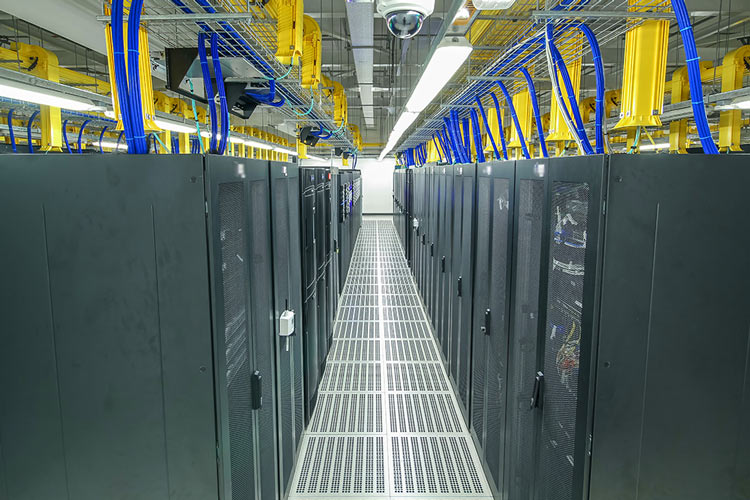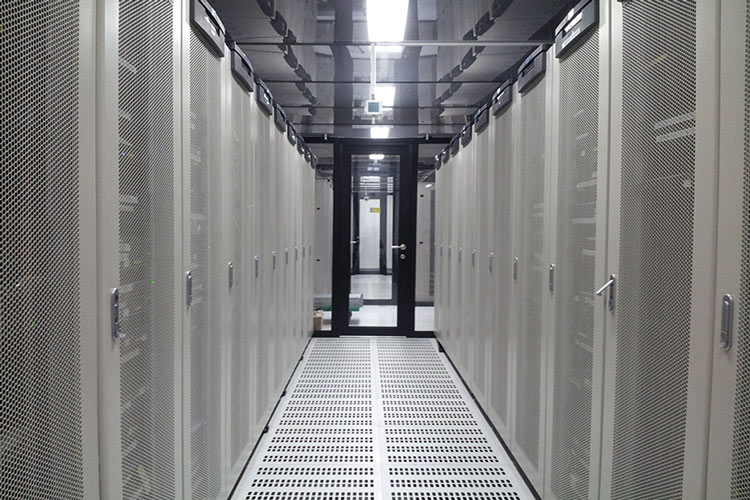Data is a valuable tool for any organization’s prosperity. Based on data analysis, companies can make deductions and create strategies for growth. A company’s data is made up of many things, including client information, internal documents and files, credentials, system data, and intellectual property. The true price of data is invaluable, and losing it can have grave consequences. Data loss can affect business continuity, causing distress and sleepless nights for users and companies as well. However, a truly reliable data backup solution can prevent all that from happening.
Data loss is expensive, but it doesn’t have to happen. Here are a few key reasons to implement a truly reliable data backup solution.
Why data backup solutions are crucial
Data backup solution is among the most vital measures of safety of any enterprise. These services safeguard critical data from loss to various types of catastrophic events. Backing up is the only way to restore files that have been erased or lost to corruption, overwritten, or destroyed. Replicas are indispensable when it comes to getting back on track after a major event like a cyber attack or natural catastrophe like fire.
Data is highly vulnerable. It is exposed to many threats, from hackers to malware, but the biggest threat of all remains human error. Installing incompatible software, corrupted files or accidental deletion is the cause of many cases of data loss. Data loss is very expensive, costing more than 4 million dollars on average, with downtime only costing $9000/minute on average.
A data backup solution can’t rule out cyber attacks, but what it can do is allow organizations to restore their data from the last save and start over. As part of a comprehensive disaster recovery plan, data backup solutions are, in fact, the only way to continue after experiencing a data disaster.
Being prepared for natural disasters
Even with the most powerful technologies at our fingertips, Mother Nature’s intentions remain unpredictable. As a consequence of climate change, the number of natural disasters keeps increasing, putting data at risk. The primary storage locations need to be backed up with remote solutions in order to ensure the safety of data and peace of mind for organizations.
Preventing loss to data breaches
Data breaches are frequent, and their impact can be devastating. Companies must be aware of that when it comes to choosing a solution for backing up their files. The cost of data loss can reach financial heights that are hard to comprehend and even harder to handle without serious damage to the business. Recovering from a data breach was 4.45 million dollars on average in 2023, and many businesses had to be closed down within months.
In order to avoid that, businesses need reliable data backup solutions. Regular, off-site backups and encrypting files can offer protection and a second chance if a data breach occurs. Stolen data, however stays stolen, and remains exposed, unless further security measures are in place. Data on lost, stolen, or compromised devices can be remotely deleted if security solutions have been put into place beforehand.
Types of data backup solutions
In essence, there are three main types of backup: full, differential, and incremental. It’s possible to use these backup services in an alternate manner, depending on the momentary needs of a business. This approach ensures high data availability and security at all times. Most enterprises with a more rigorous data backup policy do some sort of backup weekly. These policies are pre-defined and specify how frequently the data should be backed up as well as how many replicas should be created.
Full Backup
A full data backup is the most comprehensive type of data backup solution available. A full backup means that the whole dataset is duplicated. This includes all types of files, folders, SaaS applications, and system configurations. This procedure precisely backs up every piece of data within a system, which takes more time to complete than the other types of backup. However, when it comes to restoring data after an incident, a full data backup solution allows the best data restoration. In case of a data loss event, a full backup makes it possible to restore all previous data. Getting back everything you had allows you to continue where you left off in no time.
However, full data backups need more storage space and expert management to keep data integrity and efficiency. Most businesses choose to have a periodic full backup and have differential or incremental follow-ups additionally. This approach makes it easier to manage storage space and has the perk of taking less time.
Differential Backup
Differential data backup is a moderate-speed backup solution and an efficient approach to ensuring data protection. This type of solution backs up only the data and changes that have been newly created since the last full backup. However, at the next data backup, the changes are copied again since the last full backup and not the last differential one.
The perks of a differential backup are that it takes less time than performing a full backup, and restore time is also moderate in length. The disadvantage, however, is that differential data backup solutions can pile up data copies. When repeated too frequently, the differential backup ends up growing larger in size than a full backup.
Incremental Backup
In the case of big companies, where the volume of data is too large to do a full backup every day, an incremental backup solution can be the answer. Unlike differential backup, this type of data backup solution only copies changes that have been made since the previous backup. An incremental backup, thus, first involves a full backup, and then, the following backups will only save changes that are made after the previous backup. Incremental data backup is the fastest because it only stores the “increments.”
What makes a reliable enterprise data backup solution?
Enterprise data backup solutions are put into action to save an organization’s data if a serious data loss occurs. These solutions are usually a combination of more types of backup that allow fast recovery in case of a cyberattack or natural disaster. Secondary storage makes it possible for organizations to rebuild after experiencing an event. A reliable backup solution will not only make sure the data is stored in secondary places and devices, but will also provide the infrastructure needed for a fast rebuild. A reliable enterprise backup solution typically offers the following:
- Data redundancy – Data copies are created to avoid losing data to various events.
- Encryption – Data security is ensured by the encryption of files in order to shield from unauthorized access.
- Scheduled backups – Automated backups minimize the need for human interventions, and guarantee that the data is updated regularly.
- Flexibility and scalability – Cloud services enable handling large volumes of files and data, leaving space for organizations to grow. Cloud services allow remote access and higher redundancy.
- Monitoring solutions – Insight into the process allows companies to plan for the future.
- Restoration and recovery plan – retrieving data fast and efficiently when needed is a priority for all businesses.
Understanding the data backup needs of your business
Proper hosting for business data or applications based on the Cloud requires a stable system and high-end security. A great deal of confidential information could be stored on these remote servers. The comfort of knowing that data backup solutions are there to safeguard data is monumental when considering the alternative. Business hosting should always focus on maintaining functionality while maintaining and protecting this information from unauthorized sources. Volico Data Centers understands these needs and is able to provide the most stable environment for remote storage needs.
Although precautions can be taken to secure information on a local network, natural or human-made disasters could happen to render these implementations useless. Remote storage of files can make disaster recovery much easier to bear. As Volico Data Centers specializes in data backup and recovery solutions, business owners can breathe a sigh of relief knowing that backup and redundancy can keep the organization functioning after even the most devastating of disasters.
And when it comes to disasters, even data centers are susceptible to nature’s wrath or human error. Volico’s facility is resistant to category-five hurricanes, giving it the ability to sustain a great deal of what nature can throw or what humankind can cause. Redundant power supplies ensure that servers can maintain functionality in the event of a failure along the grid. Inert, gas-based fire suppression systems ensure that damage is kept to a minimum in the event of a catastrophe. With these preventive measures in place and a solid strategy for data recovery, Volico Data Centers is making sure your data stays safe.










